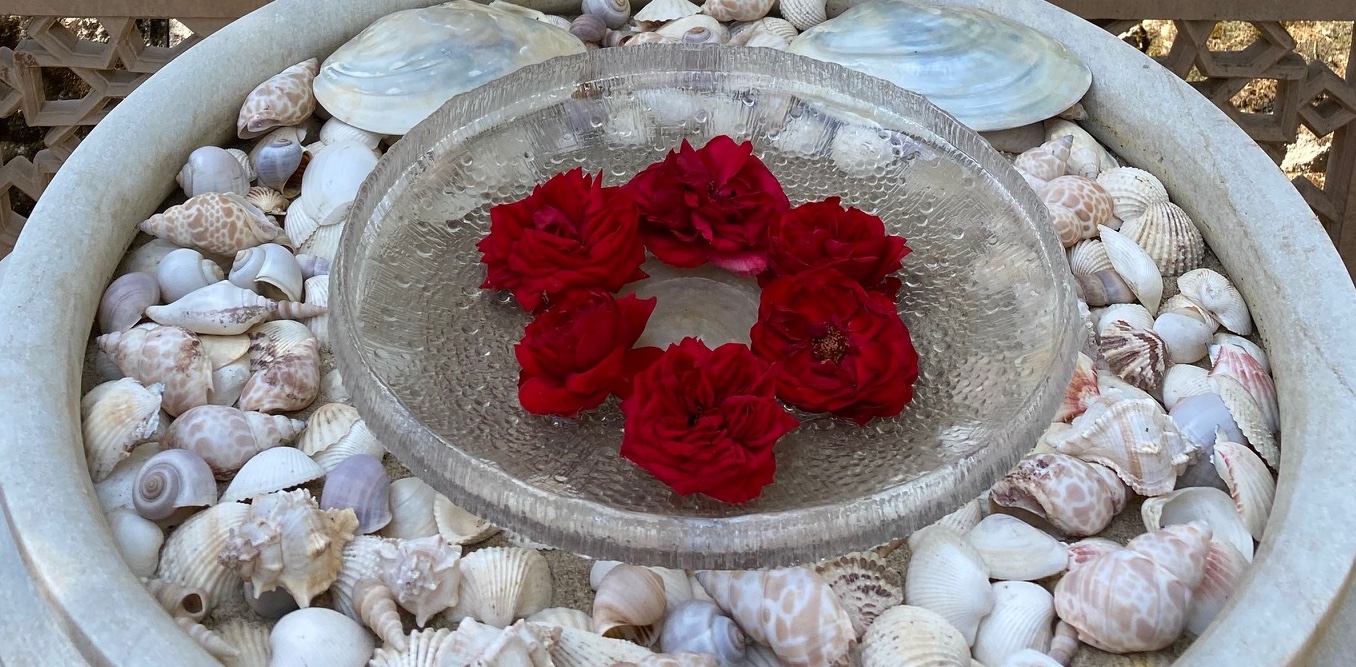Love is a Play
When we love, we are strong and vulnerable. Love turns our lives into a dramatic play, like a Shakespearean tragedy, where laughter and tears are guaranteed. Like in a play, our love stories have their acts and scenes, their highs and lows, and moments of joy and sorrow.
“I love you forever.”
“I despise you.”
This intense emotion, love, is the surest proof that humans have no unity. Today, I love; tomorrow, I do not care; and after tomorrow, I might even hate. Love is a rollercoaster of emotions, a journey of unpredictability.
Yet we find ourselves caught in the same place, trapped in a tragic cycle. We often fail to recognize this pattern, yet we must truly comprehend the complexities of love.
For those seeking tangible achievements, love for another person is the most arduous challenge. It’s a goal worth pursuing, but success is seldom achieved, given our fleeting human condition.
George Gurdjieff suggests starting with an animal or even a plant to train our ability to love. But even an easy-to-foster plant might cause us despair. We forget to water or to replant it when it outgrows the current pot. A dog that shows us her unrestricted love might suffer from our neglect when the weather does not allow the daily walk or we are too busy or in self-pity to pay attention to our pet.
We are fools; waking up from our foolish endeavors might be a lifetime task.
Love and the Work on Oneself
What does this all mean for a woman who wants to work on herself and achieve consciousness and inner bliss?
As George Gurdjieff pointed out, the first step in our journey of self-improvement and love is observing ourselves without the urge to change what we see. This quest requires us not to judge what we observe and to let go of the immediate perceived need to change or alter anything. What needs to be fixed is the one trying to do the fixing. Who we are is the observer, and this small entity in us will grow when we nurture it correctly.
When it comes to love, we are great liars. We love conditionally, asking for the other person to love us back. Otherwise, we refuse to continue giving love for nothing. Self-reflection becomes crucial to understanding our conditions and expectations in love.
Step back and realize how foolish it is to condition our love with requirements and necessities. Can you imagine Christ, Buddha, or Meher Baba refusing to give you their unconditional love because you fail daily in your aims and aspirations to be more present?
Our love is timid and weak. To strengthen it, we need to acknowledge our current situation.
To Give and Receive Love
And yet, we crave love without knowing its implications. They say real love is blind, yet we give it only to those who supposedly deserve it. Or that love is plentiful, yet we are meagre in spreading it. They say a smile is the beginning of a love song, yet we hold our posture stern, to show our superiority.
I read Walt Whitman, the poet of love, and marvel at his ability to connect his presence with the emotion to see beauty in everybody. He walks down the streets, looks at men and women, and loves their vital steps and beautiful posture. He falls in love with his fellow man, not judging, not requesting—open to give and receive. This is what I long for, myself, yet I fall short of my aspirations with the first man who bumps into me. I am defeated by the people in the street, overwhelming me with their severe activities. Or I forget my aim, following a stranger’s harsh words.
I try to replace resentment with gratitude and kindness. Often, even the thought disappears in moments of stress and complicated interactions. But these failures are my victories in seeing who I am and not being blind about my current ability to love.
But I still read love poetry and am swept away by beautiful words and images. One day, I might even be able to say, “I love you” without lying.
This article is by Klaus Labuttis, a practitioner of the Fourth Way for four decades. For more of his articles, see: https://fourthwaytoday.org/author/klaus-labuttis/.
